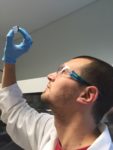
They’ve developed a way of printing electronic components using cheap and widely available materials, and a flash of light.
Current techniques used to fabricate circuitry and electronic components for many electronic devices are expensive, mainly because they require exotic materials, sophisticated fabrication equipment and high processing temperatures.
But Enrico Della Gaspera from RMIT has developed a new method that is cheap, non-toxic, scalable, and can all be done at room temperature.
It first involves ‘drawing’ the desired electrical circuit using a simple ink-jet or 3D printer and a properly formulated ‘ink’. Using a short but intense flash of light, like a very powerful camera flash, Enrico can then change the chemical and physical properties of the material that has been printed. For example, turning it from electrically insulating to electrically conductive.
The technology will dramatically advance the current manufacturing of electronic devices by reducing both fabrication times and costs.
Because the process does not require the high temperatures of conventional electronics manufacture, it can be used to build electronics onto plastic supports. This allows manufacture of flexible, lightweight electronic devices.
Enrico hopes to see this technology used to produce printable, flexible, foldable electronics. As an example, solar cells that can be used in your camping van, or on your backpack to charge your laptop while you’re walking around.
The cheap, even disposable electronics made possible by this low-cost method could be used as part of solar cells in remote or underdeveloped areas as a source of energy.
Enrico presented his research at Fresh Science, a national program that helps early-career researchers find and share their stories of discovery. Fresh Science is in its 19th year and has kick-started the science communications skills of over 400 Australian scientists. In 2016, Fresh Science ran in every mainland state, with over 100 early-career researchers nominating for Fresh Science in Melbourne, Brisbane, Perth, Adelaide and Sydney.
In 2016, Fresh Science Victoria partnerd with Museum Victoria, CSIRO, Deakin University, Monash University, RMIT University, Swinburne University of Technology, the University of Melbourne and New Scientist.
Contact: Enrico Della Gaspera, RMIT University, 0401 720 503, enrico.dellagaspera@rmit.edu.au

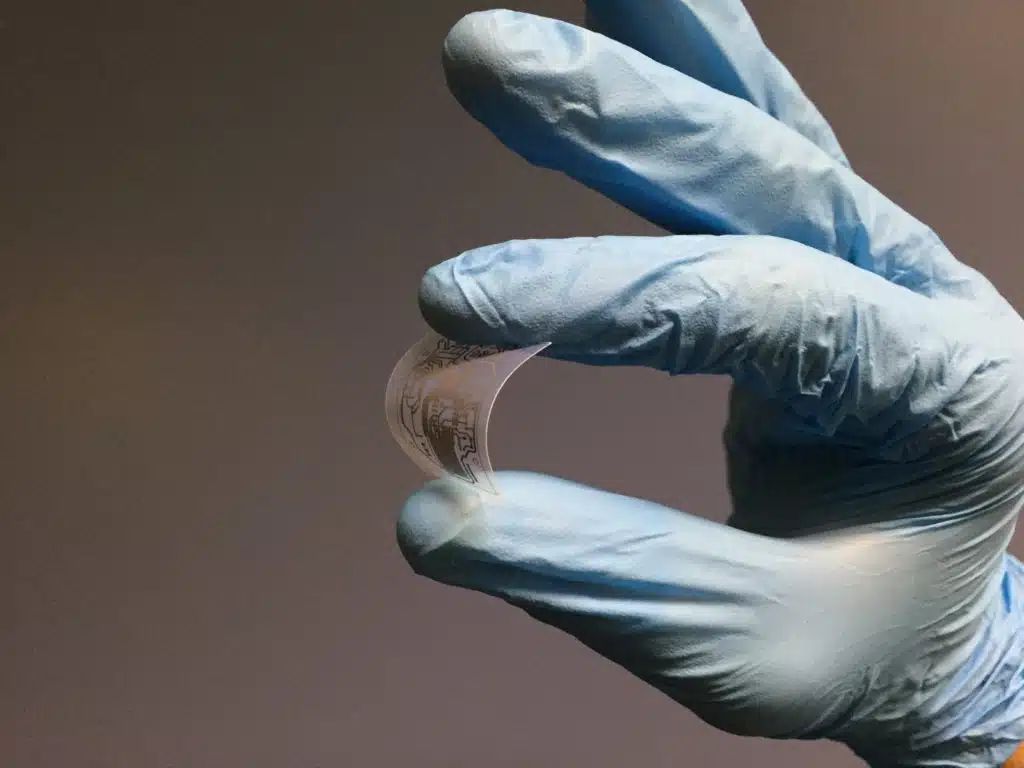
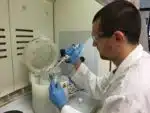
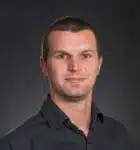
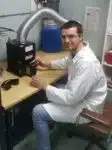
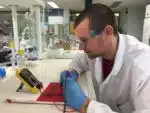
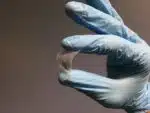
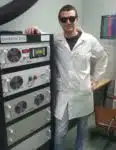

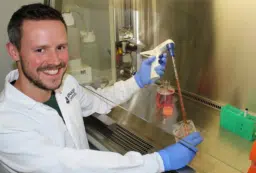
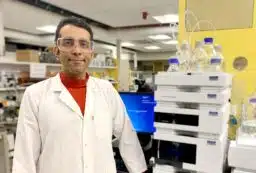

 Fresh Science is on hold for 2022. We will be back in 2023.
Fresh Science is on hold for 2022. We will be back in 2023.